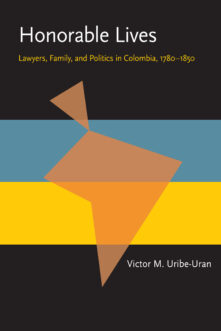Books
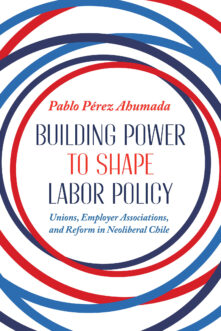
Building Power to Shape Labor Policy
Unions, Employer Associations, and Reform in Neoliberal Chile
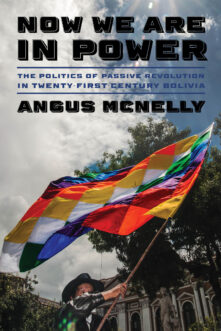
Now We Are in Power
The Politics of Passive Revolution in Twenty-First-Century Bolivia
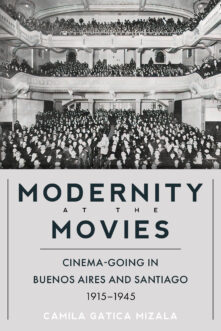
Modernity at the Movies
Cinema-going in Buenos Aires and Santiago, 1915-1945
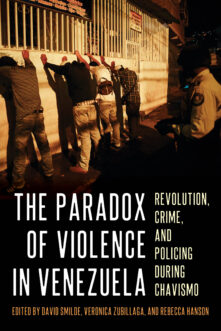
The Paradox of Violence in Venezuela
Revolution, Crime, and Policing During Chavismo
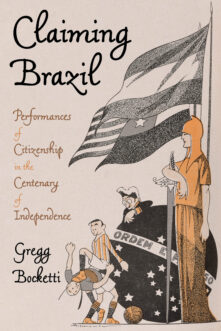
Claiming Brazil
Performances of Citizenship in the Centenary of Independence
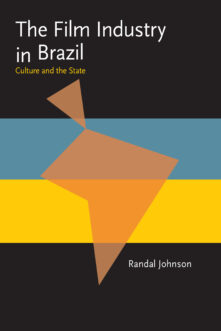
The Film Industry in Brazil
Culture and the State
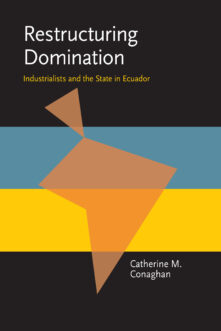
Restructuring Domination
Industrialists and the State in Ecuador
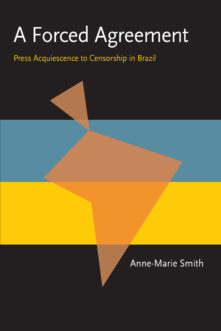
A Forced Agreement
Press Acquiescence to Censorship in Brazil
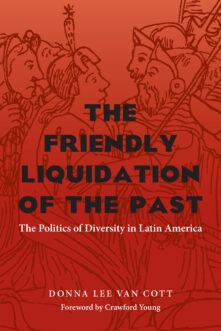
The Friendly Liquidation of the Past
The Politics of Diversity in Latin America
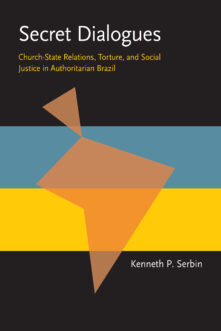
Secret Dialogues
Church-State Relations, Torture, and Social Justice in Authoritarian Brazil
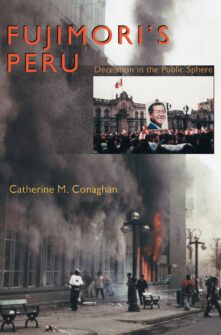
Fujimori’s Peru
Deception in the Public Sphere
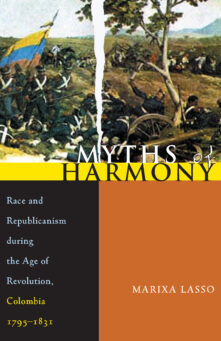
Myths of Harmony
Race and Republicanism during the Age of Revolution, Colombia, 1795-1831
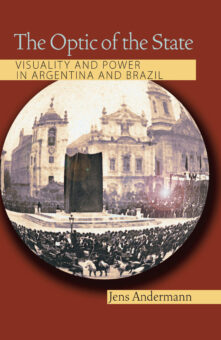
The Optic of the State
Visuality and Power in Argentina and Brazil
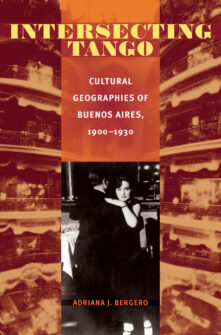
Intersecting Tango
Cultural Geographies of Buenos Aires, 1900-1930
Total 74 results found.


